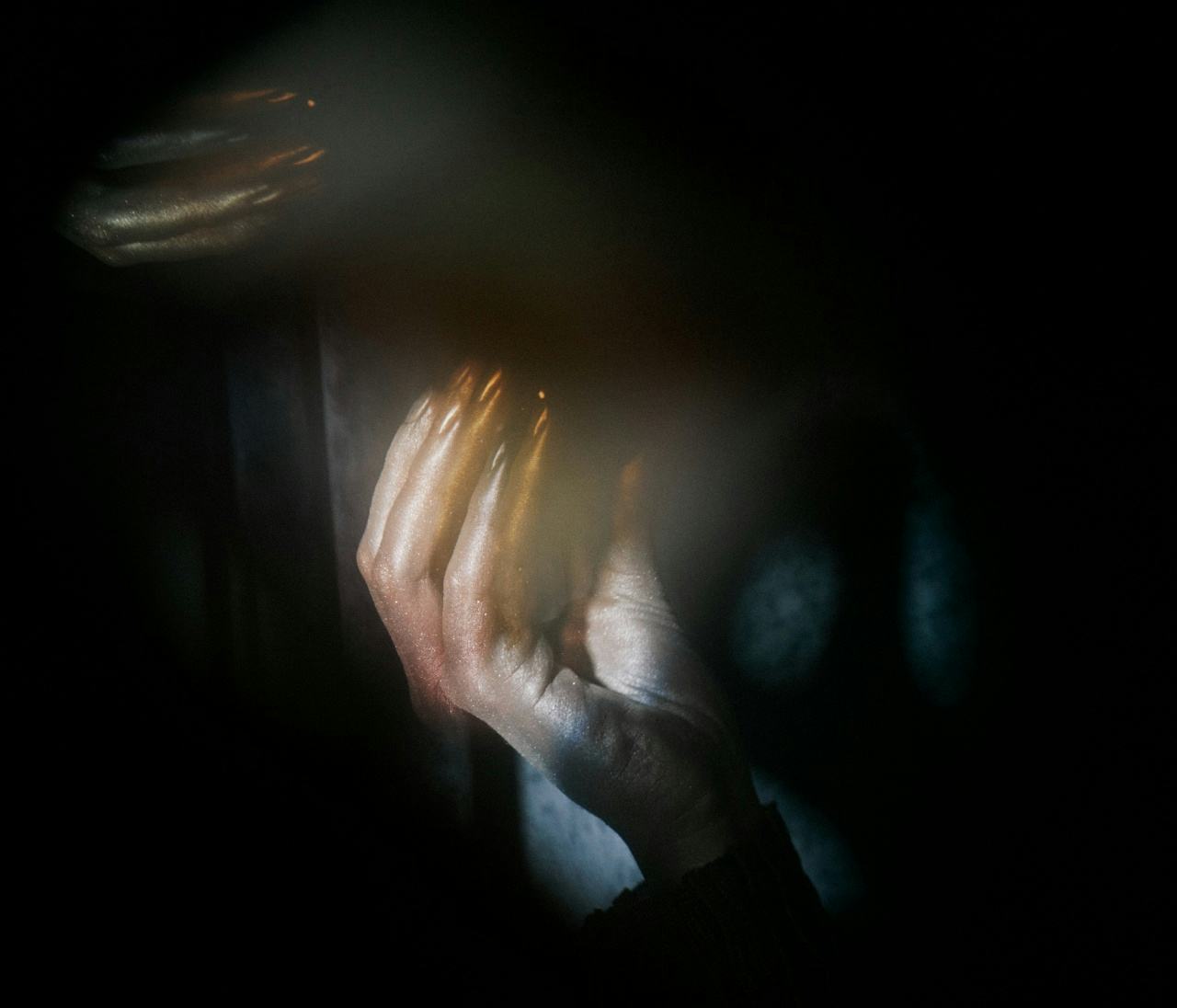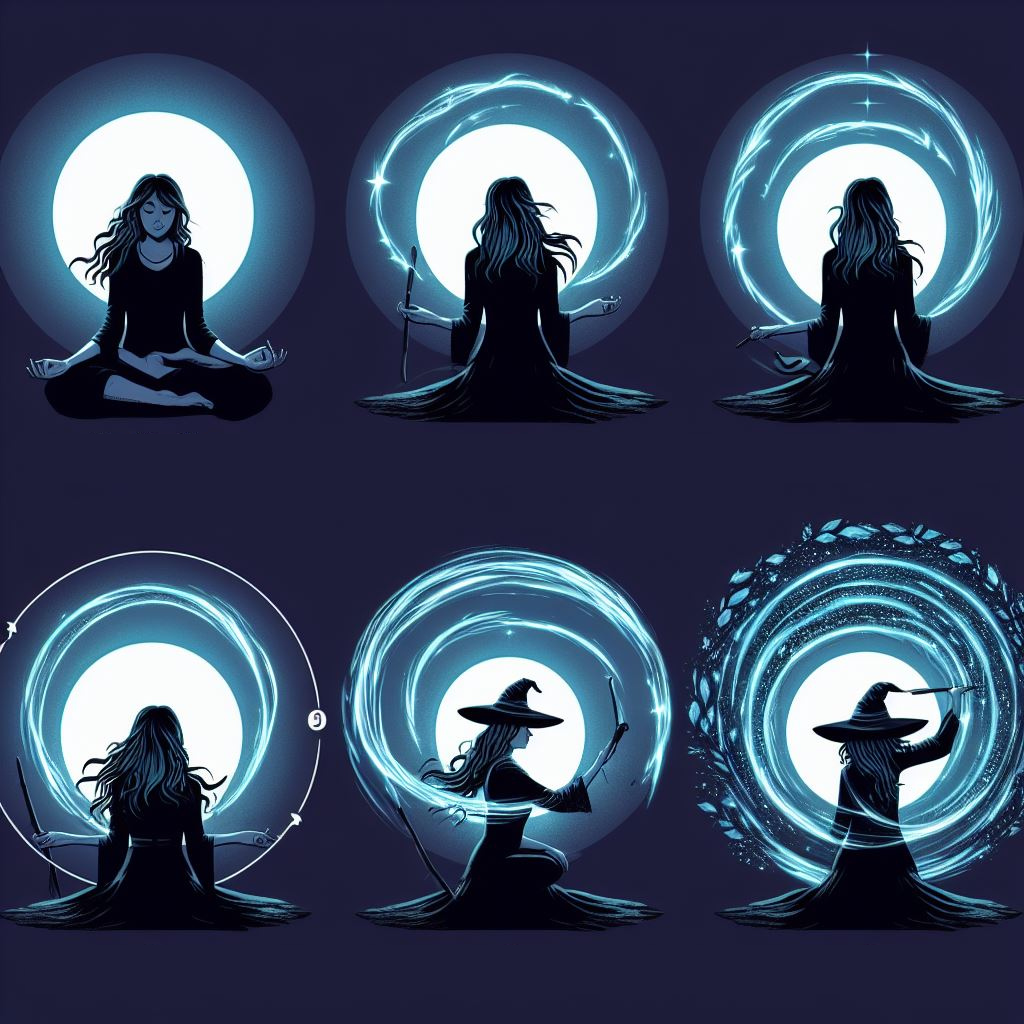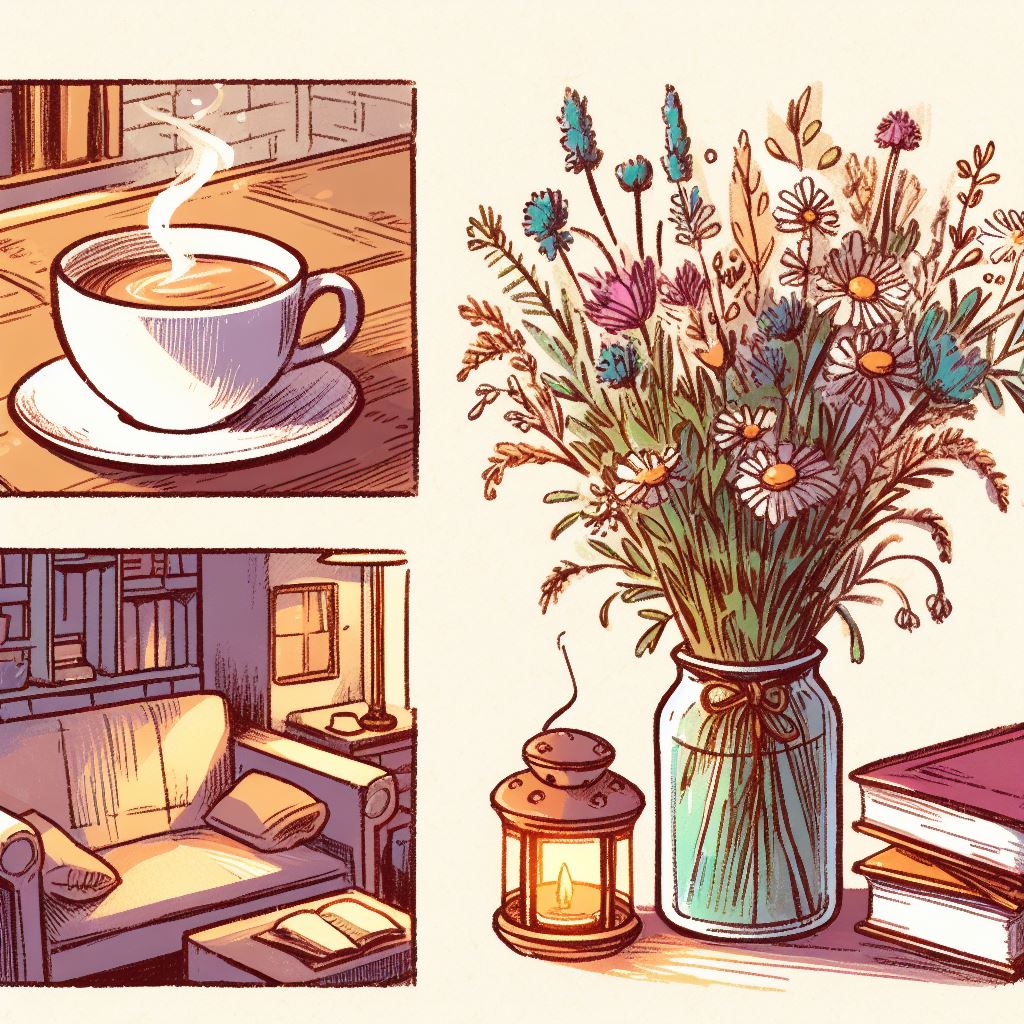Witchcraft often serves as a deeply personal and fulfilling spiritual practice, but like any aspect of life, it can ebb and flow, especially when depression clouds our days. If you’ve noticed your interest in your magickal practices waning as you wrestle with depressive moods, you’re not alone.
This article aims to explore not just why this happens but also how you can gently navigate and rejuvenate your spiritual path during these challenging times. By understanding and adapting your practice, you can find balance and possibly even a renewed sense of connection to your craft.
Recognizing the Signs
Identifying Changes in Your Practice
It’s important to recognize the signs that depression might be affecting your witchcraft. You might find yourself pulling away from your altar, rituals becoming infrequent, or your once vibrant enthusiasm for studying spells and lore dimming.
These aren’t signs of failing or losing your path but are common responses to the mental and emotional toll of depression. Identifying these changes is the first step in addressing them.
Emotional and Magickal Disconnection
Depression can make you feel isolated, not just from others but from your own interests and passions. In the context of witchcraft, this might manifest as a sense of disconnection from the energies and entities you once felt close to.
You might find your rituals feel less potent or that your intuition, once a clear guiding force, seems muted. Recognizing these feelings as symptoms rather than personal shortcomings can help you frame your experience more compassionately.
Impact on Personal Magick Practice
Fluctuations in Energy and Focus
When depression hits, it’s like a fog descending over all the parts of your life, including your magick. Your energy levels may plummet, making it difficult to perform even the simplest of spells or rituals.
The focus required for meditation or visualization can feel unattainable, and over time, this can lead to feelings of frustration or guilt about your perceived lack of progress or connection.
Managing Expectations and Emotions
It’s crucial to manage your expectations during these times. Understand that your practice does not have to look a certain way to be valid.
Magick is personal and flexible. It can adapt to your current state and still be effective. Learning to forgive yourself for what you can’t achieve today and celebrating what you can do is a vital step toward maintaining your wellbeing and your connection to your craft.
Adapting Witchcraft Practices to Accommodate Depression
Simplifying Your Rituals
When the energy isn’t there for grand rituals, consider scaling back rather than giving up. Switch to simpler, less energy-demanding practices that maintain your connection to magick.
This could mean lighting a candle with intention each morning, carrying a crystal that aligns with your current needs, or whispering a small prayer or affirmation at night. These small acts of magick can be profoundly meaningful and much more manageable.
Embracing Mindfulness and Self-Care
Incorporating mindfulness into your practice can also play a big part in maintaining your spiritual wellbeing. Simple meditative practices, focused on breathing or gentle observation of your environment, can help ground you in the present moment and disperse some of the fog that depression brings.
Remember, self-care is a valid form of magick, and it’s crucial in times like these.
Tools and Techniques for Reconnection
Engaging with New Magickal Tools
Sometimes, introducing something new to your practice can reignite your interest. Whether it’s experimenting with a new set of tarot cards, learning about a different pantheon, or exploring herbal magick, change can be as revitalizing as it is enlightening.
These new tools and techniques can offer fresh perspectives and energies that might just be what you need to feel reconnected.
Finding Joy in Flexibility
Flexibility in your witchcraft allows you to adapt practices to your current state. If you find joy in crafting but can’t muster the energy for spellwork, focus on creating magickal items like oils, incenses, or charms. These can be used when you feel more capable, serving as physical reminders of your resilience and creativity during tough times.
Navigating depression in witchcraft doesn’t mean you have to pause your practice entirely. By recognizing the signs, adjusting your expectations, and finding simpler, more accommodating ways to connect with your magick, you can maintain a fulfilling spiritual path even during the hardest times.
Most importantly, remember that seeking professional help for depression is a strong and wise choice. Just like your craft, your mental health journey is uniquely yours, and taking steps to care for it is perhaps the most powerful spell you can cast.














